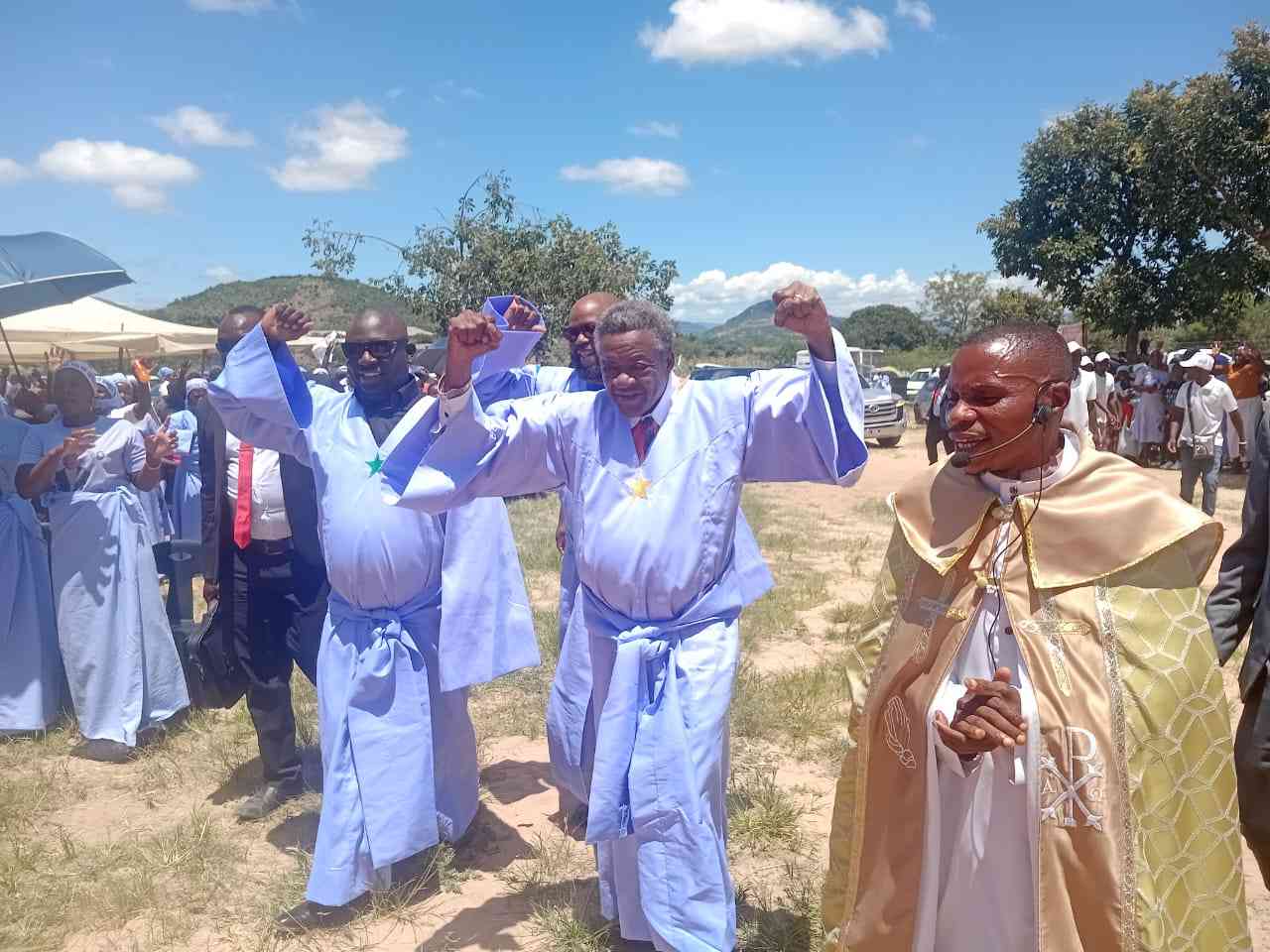
BY MIRIAM MANGWAYA/PRIVELEDGE GUMBODETE PRESSURE is mounting on government to redollarise with civil servants accusing it of acting immorally by charging for services in United States dollars, but refusing to pay its workers similarly.
Last week, the Zimbabwe dollar continued its unabated fall against the United States dollar to US$1:$308 from US$1:$258 officially, while it is now trading at $550 on the parallel market from $400 the previous week.
Prices of basic commodities like bread spiked to $640, up from $450, meaning that in official US dollar terms, bread is now US$2,10.
Many retailers are ditching the local currency for the US dollar, with government departments such as the Zimbabwe Schools Examination Council on Wednesday releasing examination fees for 2022 pegged in US dollars, although it said parents would pay the fees at the prevailing interbank rate as at July 22.
Civil servants have told NewsDay that it was criminal for government to continue paying its employees in local currency when the economy was self-dollarising.
“It is not sustainable to continue paying teacher salaries in RTGS. It is criminal and cruel. Unfortunately, a monthly salary for a teacher can just afford 30 loaves of bread,” Amalgamated Rural Teachers Union of Zimbabwe president Obert Masaraure said.
Zimbabwe Nurses Association president Enock Dongo said: “Civil servants have become the poorest government employees in the world. Civil servants’ earnings are being eroded on a daily basis. This should not be taken lightly by government because it has a bearing on the lives of people. Civil servants are stressed. This situation is now forcing government employees, especially us, to make decisions that will make people who rely on our services suffer. For instance, there will be imminent withdrawal and resignation from nurses.”
Zimbabwe Congress of Trade Unions secretary-general Japhet Moyo said: “The price increase of bread and other consumables are just symptoms of an economy in hyperinflation. The cure lies with government stopping the paper money supply. Hyperinflation is stopped or normalised by government monetary and policy shifts.”
- Chamisa under fire over US$120K donation
- Mavhunga puts DeMbare into Chibuku quarterfinals
- Pension funds bet on Cabora Bassa oilfields
- Councils defy govt fire tender directive
Keep Reading
Last Wednesday, the ruling Zanu PF party spokesperson Christopher Mutsvangwa admitted that the country’s currency was unstable.
“All the ingredients of currency stability are there, so what is wrong with local currency not maintaining value? Because there are some people who are speculating against it and the President (Emmerson Mnangagwa) has got a hang on that. The currency issue will be resolved and for those who think the currency can be a substitute of regime change when they failed as trade unionists, and when they failed as non-governmental organisations, and when they failed as opposition parties — now they want to hide behind currency speculators. Why is the currency the only thing that is not good when everything else is good? Everything else is saying left right, left right, but only the currency is saying right, left-right, left because they are speculators,” Mutsvangwa said while addressing journalists in Harare.
Economists have recommended full dollarisation to stabilise the ailing economy.
The Zimbabwe Coalition on Debt and Development (Zimcodd) has said prices of basic commodities surged by 21% in May 2022, making it a second month running of double-digit inflation this year and the highest monthly outturn since July 2020 when it was recorded at 35,5%.
“If one is to follow the accountants’ international reporting standards, Zimbabwe is already in hyperinflation because prices have been averaging 100% over the last three years,” Zimcodd said.
But Zimbabwe National Chamber of Commerce president Christopher Mugaga said: “Any right-thinking Zimbabwean would appreciate the downside of dollarising. It’s a very meaningful position taken by government given the intricacy, complexity and challenges to do with using the US dollar. The million-dollar question is how we reverse the deep-seated wave of dollarisation. It’s not sustainable to continue relying on the US dollar because we are a Zimdollar economy where most of the people are earning their salaries in local currency.”
- Follow us on Twitter @NewsDayZimbabwe











